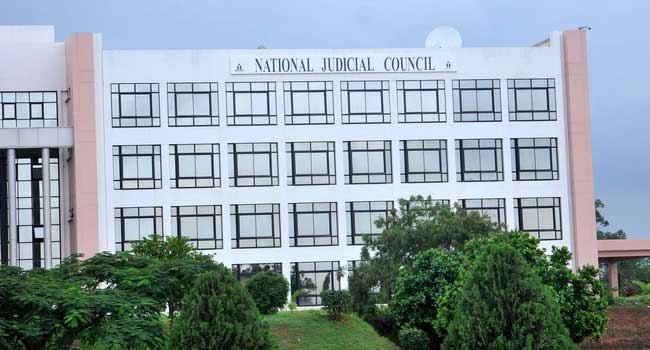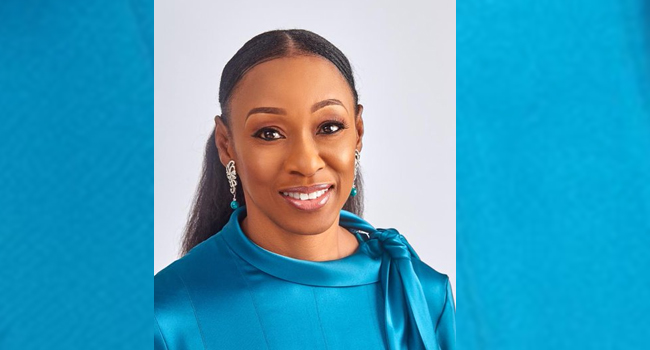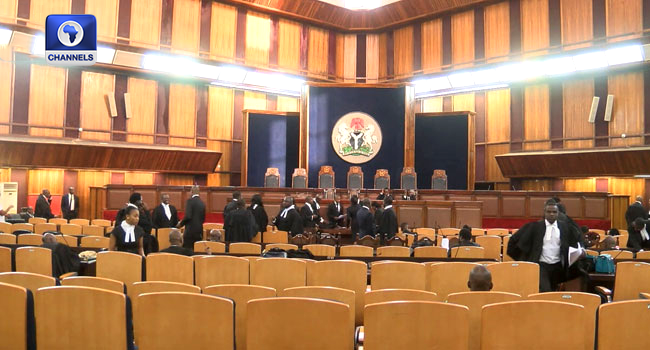Robert Clarke, a Senior Advocate of Nigeria (SAN) has said there is a rot within the Supreme Court.
Chief Clarke made this assertion while reacting to issues regarding the allegations and planned arraignment of Justice Walter Onnoghen, the Chief Justice of Nigeria (CJN).
Speaking about the intricacies of the CJN’s case, Clarke said there are two sides to the saga that is playing out, “the legal and the political” side.
According to the advocate, the legal side to the CJN’s case is that due process was not followed before taking him to the Code of Conduct Bureau (CCB).
He said, “One will not think that the Federal Government or the Attorney General is naive to know the position of the law as of today, before arraigning Onnoghen before the CC tribunal”.
Clarke said he took the matter to the Lagos High Court but was rejected, then he took it to the Court of Appeal, where a ‘profound’ finding as to the due process to be taken when you want to arraign a sitting Judge, should be.
He noted that according to law, the executive ‘can not and should not’ carry a judge who is still wearing the toga of a judge direct from his chambers straight to the court or tribunal without following due process.
“Being a judicial officer, the constitution has said that the only person or organisation that can question a sitting judge for any misconduct, and misconduct has been defined to include any felonious acts, that before you can do that, you must report him first to his pairs i.e the National Judicial Council (NJC) that looks after misconduct of judges,” the legal practitioner said.
READ ALSO: CJN’s Trial: Industrial Court Orders Substituted Service On CCT Chairman

Clarke further noted that until this process is followed and the judge is found guilty and disrobed, can he be taken to any court or tribunal.
“Until that aspect is done, and until he is found guilty, after that and after he has been disrobed as a judge, can you take him to any court or tribunal,” Clarke opined.
He said without going through the right channel, then the FG’s move against Onnoghen is an exercise in futility.
Speaking about the political side of the case, Chief Clarke said there is no other way the Federal Government would have revealed to the people that there was something fishy within the Supreme court.
“There is no way the Federal Government can make you and I know that a judge has so many accounts, has so much money in those accounts and has been operating those accounts”.
“So, the only way they can bring this out to us is to follow this route that they have followed”.
Clarke said while this is not the right route, there is a method in going through this path.
“They know they are not going to get success but they still want to inform you and I and the public that this is the rot in the Supreme Court; you and I must know,” he said.
When asked if there is a rot in the Supreme Court he said, “Definitely”.
While alluding to claims that the Nigerian Supreme Court is the most overworked in the world, Clarke however, noted that this is a self-inflicted injury.
He said the Supreme is taking upon itself cases that should not have been its priority.
Citing certain gubernatorial cases as an example, Clarke asked, “Why should they (Supreme Court) take over jurisdiction on gubernatorial matters”.
He said the law is that gubernatorial elections will terminate before the court of appeal.
The Senior Advocate also blamed politicians for corrupting judges in Nigeria.
He said in the Supreme Court on political matters, the politicians have corrupted the judges, and “The judges have accepted the corruption”.
Clarke noted that the case against Onnoghen is not an attack against the judiciary.
The legal practitioner said, corruption must be stopped for Nigeria as a nation to progress.
“Corruption has eaten deep everywhere in Nigeria and if corruption creeps into the judiciary, that is the end of this nation,” Clarke said.



